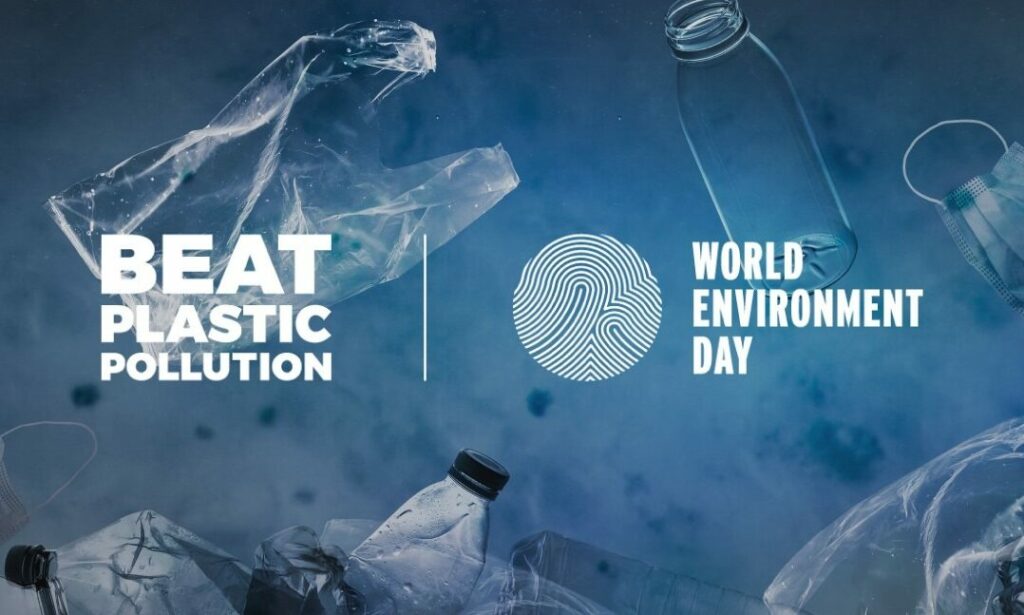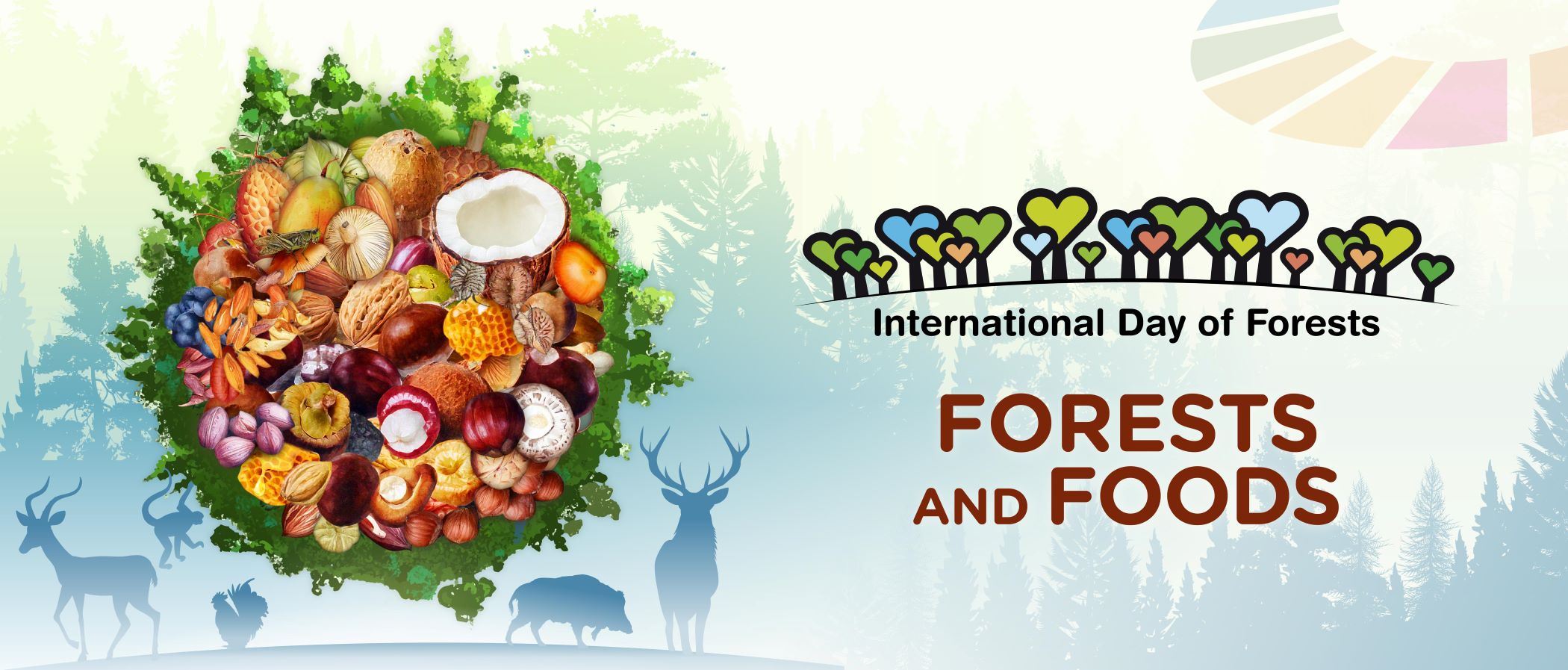The United Nations hosts World Environment Day, the largest yearly event in the world, to increase public awareness of environmental issues. Its primary goal is to increase public awareness of the need to preserve nature and examine the numerous environmental problems that are becoming more serious every day. Every year on June 5th, we commemorate World Environment Day. Preserving our natural resources in this way is one of our top priorities.
World Environment Day is also “People’s Day,” which is a day to do something to take care of our environment. It is an important platform for promoting the dimensions of the Sustainable Development Goals.
Theme of World Environment Day 2025
This year, the theme of World Environment Day 2025 is Beat Plastic Pollution.
Plastic pollution infiltrates every region of the world, including our bodies as microplastics. World Environment Day 2025 advocates for unified efforts to address plastic pollution.
Cleanup efforts have a direct impact on the attainment of several SDGs, such as combating climate change, promoting sustainable production and consumption, safeguarding the world’s oceans and seas, restoring ecosystems, and preserving biodiversity.
Since 2018, the #BeatPlasticPollution movement, spearheaded by UNEP, has promoted a fair, global, and collaborative shift toward a plastic pollution-free society.
Host Country
The Republic of Korea will host World Environment Day 2025 with a focus on ending plastic pollution.
This year, the Republic of Korea is hosting the international celebration on Jeju Island, a leader in green innovation and plastic-free goals. Expect major events, environmental campaigns, and policy discussions centered around sustainable development and reducing plastic waste.
We aim to finalize the global plastic agreement by 2025, a significant milestone in global environmental protection efforts. Environment Minister Han Wha-jin of the Republic of Korea stated that the country would spearhead global initiatives to curb plastic pollution as the 2025 World Environment Day host.
Why Beat Plastic Pollution Matters?
With 11 million tons of plastic garbage assumed to enter marine systems every year, plastic pollution is a universal problem. Microplastics discovered in soil, water, and even human bodies present significant health and environmental hazards. Plastic pollution’s estimated yearly socioeconomic and environmental cost falls between US$300 billion and US$600 billion.














